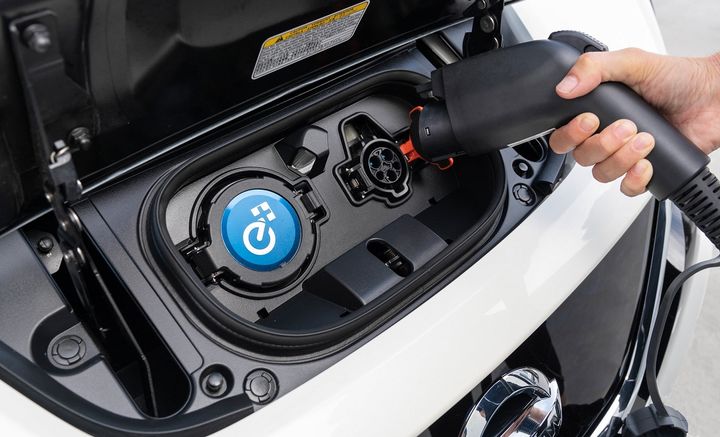Corporate Social Responsibility Driving EV Adoption
Corporate social responsibility is a key factor in motivating corporate sustainability programs. Fleet plays an important role in projecting good corporate citizenship.

Lang LaSalle (JLL)
Clearly aligning a fleet policy with the corporate sustainability strategy is a requirement. Governmental regulations, employee and client perceptions of a company’s attitude toward the environment are sometimes driving fleets to move quicker than the budgets or fleet policies that are in place.
“Fleets must consider more eco-friendly vehicles when procuring new vehicles and incorporate reduced emissions and fuel consumption into the overall fleet strategy, but this requires alignment with policy and budget owners who may be less interested in sustainability,” said Sheri Hardesty, global fleet leader at Jones Lang LaSalle (JLL). “If your company provides workplace charging to attract and retain progressive employees or to enhance a company’s image or gain points toward LEED certification, the facilities team may be responsible for the installation of the stations, but ultimately the fleet manager will need to deal with challenges of utilization.”
Other additional factors still need to be addressed when implementing a fleet sustainability initiative, such as a unit’s total cost of ownership, employee reimbursement of electricity charges, and reduced cargo-carrying capacity.
“Unfortunately, the commercial vehicle product development cycle is lagging behind the light-duty sector, but progress is being made,” said Steven LaPorte, vice president, transportation & engineering at Iron Mountain Information Management Services, Inc. in Boston, Mass. “The challenges for the fleet manager are generally two-fold — calculating a TCO when you do not have a history of maintenance expense as a reference, and more importantly, have no residual value assumption to apply because of very limited and relatively illiquid secondary market.”

Iron Mountain
Information
Management Services
Due to the initial acquisition cost of many alt-fuel vehicles to either acquire new unit or retrofit an existing unit, it is necessary to receive financial incentives from the government to justify the lifecycle cost of these vehicles.
However, as has been shown over the past several decades, these incentives will fluctuate or may expire without being renewed.
“Currently, government subsidies are an absolute necessity to make financial sense when acquiring an alt-fuel vehicle, but these are administered at the state level, with each state enforcing their own individual requirements, processes, and agencies. For a national fleet, this quilt-work makes it exceptionally difficult to develop a coherent strategy when attempting to employ alt-fuel vehicles in multiple markets,” said LaPorte. “As an example, one of the more common requirements mandates the complete retirement of an older existing vehicle, meaning you have to drill the block, thus forfeiting residual fair market value (FMV) for that vehicle unless you have a very poor vehicle to sacrifice. This further adds to the administrative complexity and the TCO.”
by Mike Antich
Source: https://www.automotive-fleet.com
FLEET MANAGEMENT AUDIT
Fleet management is the use of a set of vehicles in order to provide services to a third-party, or to perform a task for our organization, in the most efficient and productive manner with a determined level of service and cost.
Fleet management activities are shown in the following graph 1:

Graph 1: fleet management activities
The proposal audit analyses and assesses all fleet management activities shown in the graph 1, and its main goals are:
- Know the overall status of the fleet management activities
- Provide the analysis, the assessment, the advice, the suggestions and the actions to take in order to cut costs and increase the efficiency and efficacy of the fleet management activities
With the information obtained, we’ll elaborate a report that holds the overall status of the fleet management as well as the suggestions, recommendations and the measures to take in order to cut costs and optimize the fleet management activities.
CLICK ON THE FOLLOWING LINK TO DOWNLOAD THE PROPOSED FLEET MANAGEMENT AUDIT:



